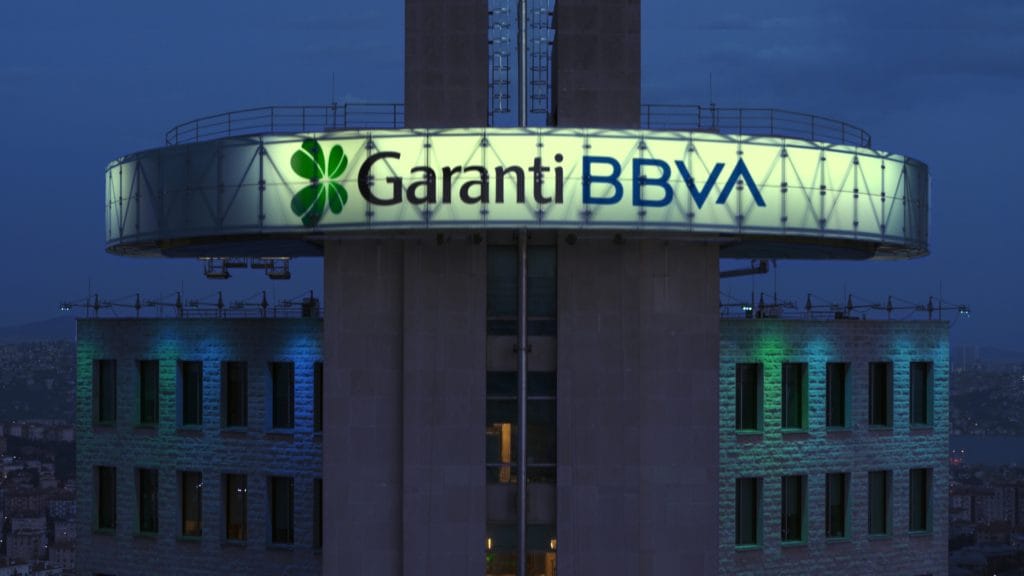Romain Miginiac spoke to Bloomberg on market developments. This time on BBVA’s acquisition of the 50% it doesn’t own it in Garanti BBVA (its Turkish subsidiary). The most interesting snippet is that every time there is a headline around Turkey (or any other EM country where BBVA operates) it triggers a mini sell-off in the group’s bonds. This time definitely not an exception as I assume both concerns around the macro context in Turkey and the acquisition are seen as increasing the risk profile of the group.
When contrasting this to the stellar track record of the group in managing its EM/FX risk, these concerns are absolutely overdone. The bank has remained profitable during the GFC and EZ crises with the lowest RoE since 2006 of 4.1% in 2020, which included a big goodwill impairment. The acquisition itself is credit positive, the higher exposure to Turkey is offset by (1) limited financial impact – maximum 46bps impact on capital and (2) adding 14% to earnings. BBVA operates a decentralized funding model, so there is no intragroup funding between the parent and Garanti – hence no contagion risk in case the situation in Turkey goes south. BBVA also hedges its capital position and as per the most decent disclosures a 10% depreciation of the Lira would have a… 0bps impact on capital metrics of the group. Earnings are also partially hedged – 75% for 2021 in Turkey # # # # #. Yes, the FX volatility might lead to some earnings impact, but as bondholders, do we care if BBVA generates a 9.5% (current consensus for 2022) or 8% or 11% RoE?
And finally on the acquisition, there is literally no execution risk, as this is purely a financial transaction, Garanti was already controlled/operated by BBVA (rebranded as Garanti BBVA). A pure increase in its holdings that will decrease minorities (inefficient given the capital treatment of minorities under the regulatory regime).



